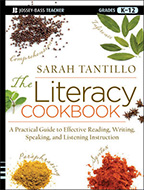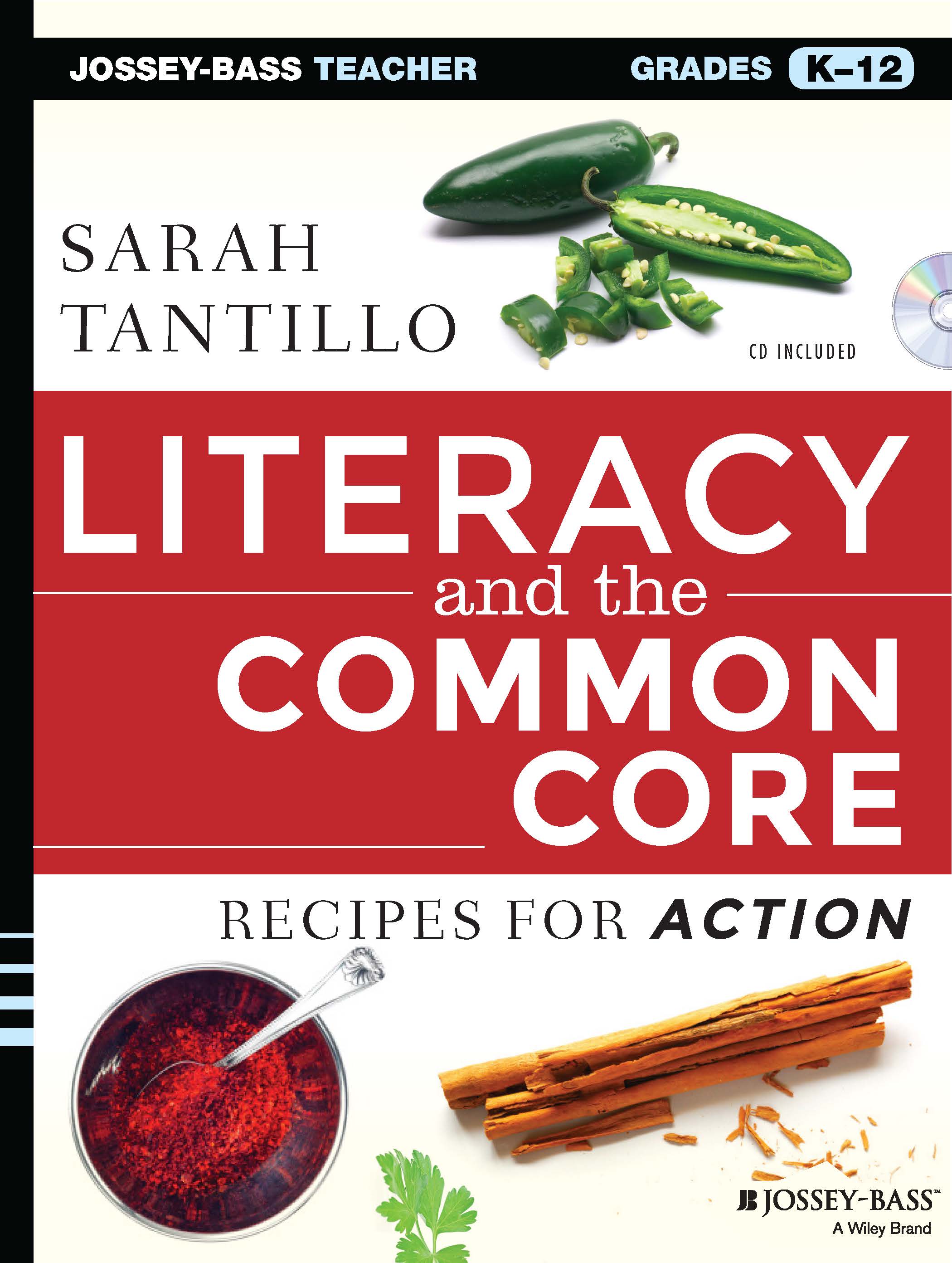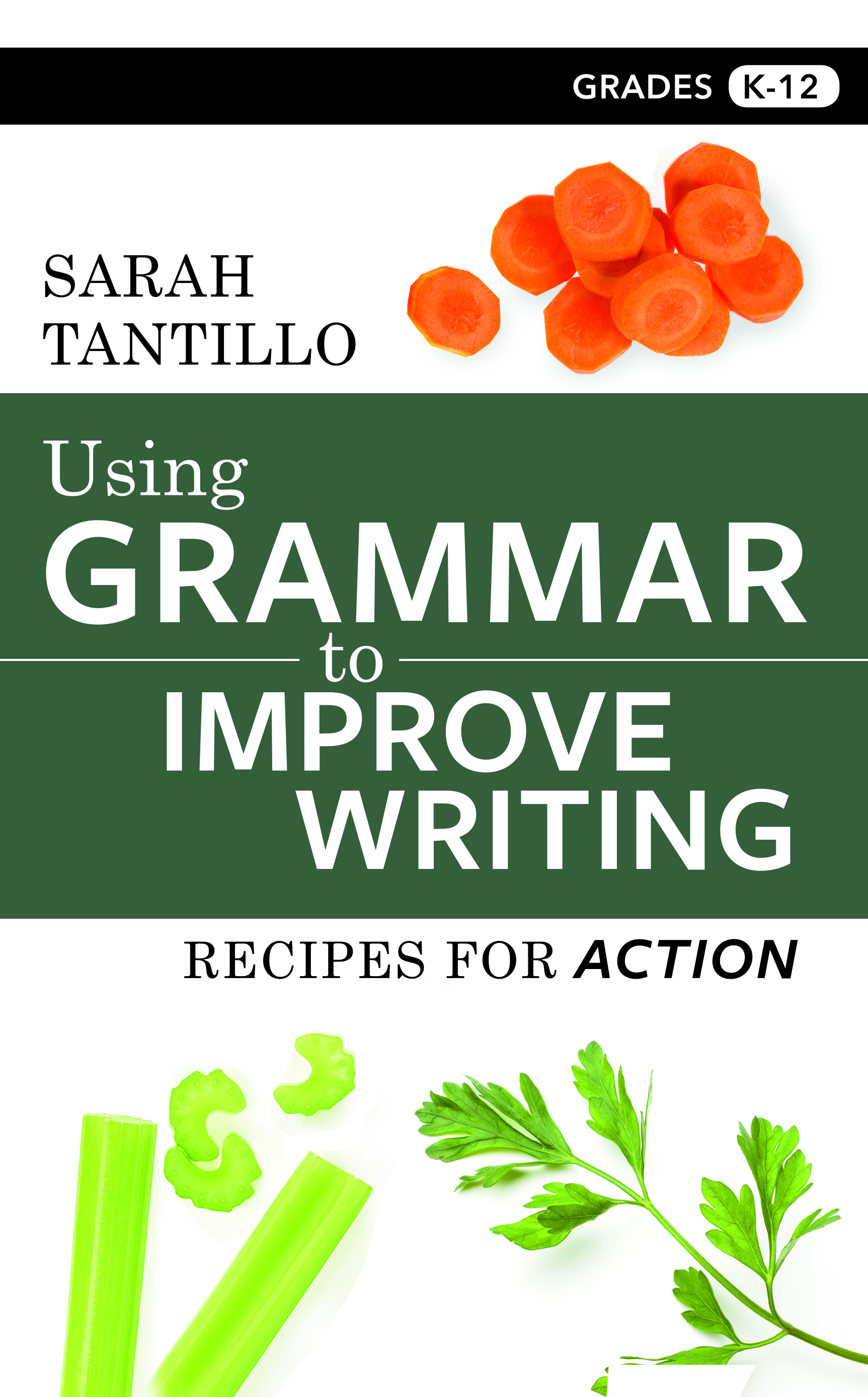One of the nicest gifts anyone can give me is the title of a great book. This page is for you. The downloadable lists are for your students. ALSO: PLEASE CHECK OUT MY BLOG, "ONLY GOOD BOOKS"!!!

LOOKING FOR GOOD BOOKS? Check out the Independent Reading page! See also these TLC Blog posts on text selection.
- Booktalks Quick and Simple provides blurb recommendations for THOUSANDS of books appropriate for K-12.
- Lexile Framework for Reading will help you find books that are matched to your students' reading levels (Lexiles measure the difficulty of syntax and vocabulary). THIS LINK matches GRADE-LEVEL TEXT COMPLEXITY BANDS with LEXILE BANDSso you can find books on particular grade levels. Check out the Guided Reading page, too.
- Worldcat.org will help you search both libraries and bookstores. It even provides price comparisons among the booksellers!
- Another hint: On Barnes & Noble.com or Amazon.com, find a book you've already enjoyed, then read the sidebar list for "People who bought this book also bought..."
- Teachers College Reading and Writing Project features an array of helpful literacy resources, including Frequently Used Booklists.
- The CYBILS (Children's and Young Adult Bloggers' Literary Awards) provide great titles to consider.
- NPR offers a special series called Three Books, where reviewers recommend three books on a given theme. Also, check out "100 Best-Ever Teen Novels"!
- GoodReads is another great source of book ideas. Here is a GoodReads recommended list for middle school students.
- What Should I Read Next provides recommendations based on titles you enter. Super-helpful! (Thanks to Shannon Marshall at Great Oaks CS for this lead!)
LOOKING FOR A COOL PROJECT IDEA?
The Nonfiction Book Talk Project requires students to read a nonfiction book, describe it briefly, then answer the audience’s questions about it. This project includes an overview of the assignment, the audience’s questions, a scoring checklist, and a list of recommended nonfiction books. This assignment has worked very well with HS students and can be modified for MS students or for a different genre of reading. If you're reading a novel, try the Book Talk Project for Class Novel. For more information, check out the Book Talk Projects page.
RECOMMENDED READING FOR EDUCATORS:



To order, click HERE! To order, click HERE! To order, click HERE!
1. Check out THE LITERACY COOKBOOK blog!
2. Check out my other blog, ONLY GOOD BOOKS! NOTE: Titles noted with three asterisks (***) include a link to my review of the book.
3. Check out the lists below.
ON CURRICULUM AND INSTRUCTION:
Bambrick-Santoyo, Paul. Driven by Data: A Practical Guide to Improve Instruction. San Francisco: Jossey-Bass, 2010.
---. Leverage Leadership: A Practical Guide to Building Exceptional Schools. San Francisco: Jossey-Bass, 2012.
Calkins, Lucy, Mary Ehrenworth, and Christopher Lehman. Pathways to the Common Core: Accelerating Achievement. Portsmouth, NH: Heinemann, 2012.
Esquith, Rafe. Teach Like Your Hair's on Fire: The Methods and Madness Inside Room 56. New York: Penguin Books, 2007.
Wiggins, Grant, and Jay McTighe. Understanding by Design (2nd ed.). Alexandria, VA: ASCD, 2005.
ON READING/VOCABULARY:
Appleman, Deborah. Critical Encounters in High School English: Teaching Literary Theory to Adolescents. New York: Teachers College Press, 2000.
Beck, Isabel L., and Margaret G. McKeown. Improving Comprehension with Questioning the Author. New York: Scholastic, 2006.
Beck, Isabel L., Margaret G. McKeown, and Linda Kucan. Bringing Words to Life: Robust Vocabulary Instruction. New York: Guilford Press, 2002.
---. Creating Robust Vocabulary: Frequently Asked Questions & Extended Examples. New York: Guilford Press, 2008.
Beers, Kylene. When Kids Can't Read: What Teachers Can Do. Portsmouth, NH: Heinemann, 2003.
Daniels, Harvey, and Steven Zemelman. Subjects Matter: Every Teacher's Guide to Content-Area Reading. Portsmouth, NH: Heinemann, 2004.
Gallagher, Kelly. Deeper Reading: Comprehending Challenging Texts, 4-12. Portland, ME: Stenhouse Publishers, 2004.
Harvey, Stephanie, and Anne Goudvis. Strategies That Work: Teaching Comprehension for Understanding and Engagement (2nd ed.). Portland, ME: Stenhouse Publishers, 2007.
Hyde, Arthur. Comprehending Math: Adapting Reading Strategies to Teach Mathematics, K-6. Portsmouth, NH: Heinemann, 2006.
Keene, Ellin O., and Susan Zimmerman. Mosaic of Thought: The Power of Comprehension Strategy Instruction (2nd ed.). Portsmouth, NH: Heinemann, 2007.
Lattimer, Heather. Thinking Through Genre: Units of Study in Reading and Writing Workshops 4-12. Portland, ME: Stenhouse Publishers, 2003.
Miller, Donalyn. The Book Whisperer: Awakening the Inner Reader in Every Child. San Francisco: Jossey-Bass, 2009.
Richardson, Jan. The Next Step in Guided Reading: Focused Assessments and Targeted Lessons for Helping Every Student Become a Better Reader, K-8. New York: Scholastic, 2009.
Robb, Laura. Teaching Reading in Social Studies, Science, and Math. New York: Scholastic, 2003.
Tovani, Cris. I Read It, but I Don't Get It: Comprehension Strategies for Adolescent Readers. Portland, ME: Stenhouse Publishers, 2000.
Trelease, Jim. The Read-Aloud Handbook. New York: Penguin, 2006.
Zwiers, Jeff. Building Academic Language: Essential Practices for Content Classrooms. San Francisco: Jossey-Bass, 2008.
ON WRITING:
Anderson, Jeff. Mechanically Inclined: Building Grammar, Usage, and Style into Writer's Workshop. Portland, ME: Stenhouse Publishers, 2005.
---. Everyday Editing: Inviting Students to Develop Skill and Craft in Writer's Workshop. Portland, ME: Stenhouse Publishers, 2007.
Bernays, Anne, and Pamela Painter. What If?: Writing Exercises for Fiction Writers. New York: HarperCollins Publishers, 1990.
Buckner, Aimee. Notebook Know-How: Strategies for the Writer's Notebook. Portland, ME: Stenhouse Publishers, 2005.
Caine, Karen. Writing to Persuade: Minilessons to Help Students Plan, Draft, Revise, Grades 3-8. Portsmouth, NH: Heinemann, 2008.
Ehrenworth, Mary, and Vicki Vinton. The Power of Grammar: Unconventional Approaches to the Conventions of Language. Portsmouth, NH: Heinemann, 2005.
Elbow, Peter. Embracing Contraries: Explorations in Learning and Teaching. New York: Oxford University Press, 1986.
---. Writing With Power: Techniques for Mastering the Writing Process. New York: Oxford University Press, 1981.
---. Writing Without Teachers. New York: Oxford University Press, 1973.
***Fish, Stanley. How to Write a Sentence and How to Read One. New York: Harper, 2011.
Fletcher, Ralph. What a Writer Needs. Portsmouth, NH: Heinemann, 1993.
Goldberg, Natalie. Writing Down the Bones: Freeing the Writer Within. Boston: Shambhala Publications, 1986.
Graff, Gerald, and Cathy Birkenstein. "They Say/I Say": The Moves That Matter in Academic Writing (2nd ed.). New York: W.W. Norton & Co., 2010.
Lattimer, Heather. Thinking Through Genre: Units of Study in Reading and Writing Workshops 4-12. Portland, ME: Stenhouse Publishers, 2003.
Noden, Harry R. Image Grammar: Using Grammatical Structures to Teach Writing. Portsmouth, NH: Heinemann, 1999.
Robb, Laura. Nonfiction Writing From the Inside Out. New York: Scholastic, 2004.
Tsjimoto, Joseph I. Teaching Poetry Writing to Adolescents. Urbana, IL: National Council of Teachers of English, 1988.
ON HOW WE THINK ABOUT TEACHING, LEARNING, AND CHANGE:
Brown, Peter C., and Henry L. Roediger III and Mark A. McDaniel. Make It Stick: The Science of Successful Learning. Cambridge, MA: Harvard University Press, 2014.
***Dweck, Carol S. Mindset: The New Psychology of Success. New York: Random House, 2007.
Ericsson, Anders, and Robert Pool. Peak: Secrets from the New Science of Expertise. New York: Houghton Mifflin Harcourt, 2016.
***---. Switch: How to Change Things When Change Is Hard. New York: Broadway Books, 2010.
Hirsch, E.D., Jr. The Knowledge Deficit: Closing the Shocking Education Gap for American Children. New York: Houghton Mifflin, 2006.
Pink, Daniel. Drive: The Surprising Truth About What Motivates Us. New York: Riverhead Books, 2009.
Postman, Neil. Conscientious Objections: Stirring Up Trouble About Language, Technology, and Education. New York: Alfred A. Knopf, 1988.
***Steele, Claude M. Whistling Vivaldi: How Stereotypes Affect Us and What We Can Do. New York: W.W. Norton, 2011.
Thernstrom, Abigail, and Stephan Thernstrom. No Excuses: Closing the Racial Gap in Learning. New York: Simon & Schuster, 2004.
IN THE DOWNLOAD ZONE for Recommended Reading:
- Nonfiction Book Talk Project
- Book Talk Project for Class Novel
- Recommended Nonfiction
- Recommended Poetry Collections
- Recommended Short Story Collections
- Selected Texts to Consider for Grades 4-12 ELA Curriculum, 5-11-15

